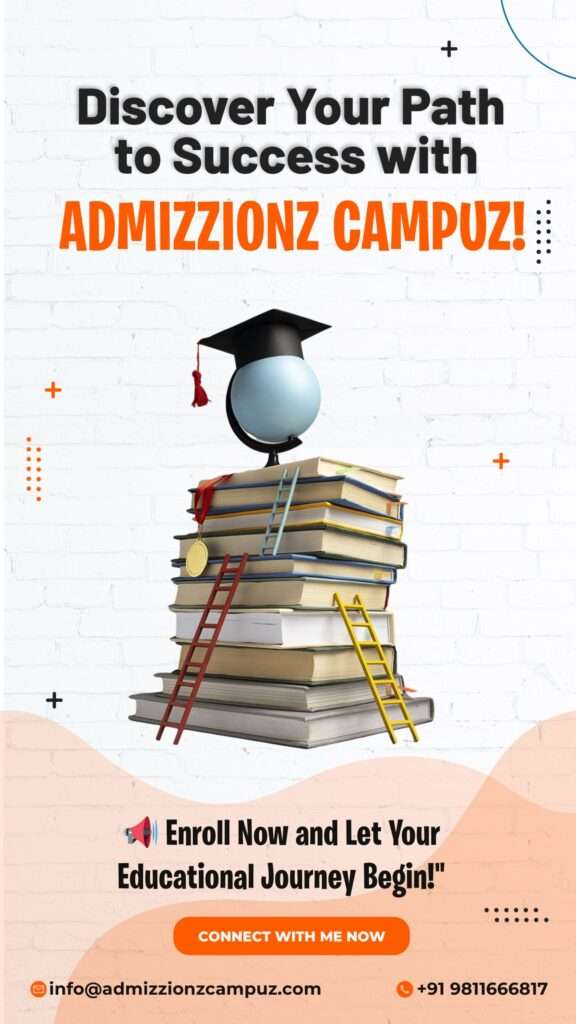
Liberal Arts education is the traditional academic program in Western higher education. Liberal Arts must not be confused with Fine Arts as it includes the study of history, literature, writing, philosophy, sociology, psychology, creative arts and more while fine arts is just one of the subjects. So, academic areas that are associated with the liberal arts include:
- Natural Sciences
- Life sciences(Botany, Zoology, Ecology)
- Physical science(Physics, Astronomy, Chemistry, Geology)
- Mathematical Sciences (Logic, Mathematics, Statistics)
- Social science
- Anthropology, Economics, Political Science, Psychology, Sociology and Law
- Humanities
- History, Philosophy, English, Communication, Other Languages
- Arts
- Fine Arts, Music, Film, Literature, Theatre Arts, Art History, Graphic Design
Why Study Liberal Arts?
While the prevailing approach to education in India has stressed memorizing and reproducing information, liberal arts encourage creativity, critical thinking, good communication, and a love for learning. Therefore, there are a number of reasons why one should study Liberal Arts. Some of these are:
- Liberal Arts Make Learning Enjoyable
A Liberal Arts education is interdisciplinary and multidisciplinary. It encourages students to learn from multiple disciplines at the same time. So, present-day liberal arts programs offer a wide variety of majors and minors. As a result, students can enjoy their education by choosing an exciting combination of majors and minors with some other courses. For example, a student can choose a combination as diverse as Physics major with a minor in Music and also do courses from other disciplines. This gives learners a broader perspective of the field they choose, a positive mindset and an interesting world view thereby making learning enjoyable.
- Liberal Arts Education Gives a Wide Gamut of Skills
The skills, abilities, capacities and attributes normally associated with a Liberal Arts education includes the following:
- Numerical Skills
- Knowledge-Building Skills
- Analytical Skills
- Critical Thinking Skills
- Creative Thinking Skills
- Effective Oral And Written Communication Skills
- Critical And Reflective Reading Skills
- Problem-Solving Skills
- Synthesis Skills
- Ethical Decision-Making Skills
- Effective Project Management Skills
- Empathy And Sensitivity to Individuals
- Ability To Collaborate with Others and Work in Teams
- Acceptance Of Cultural Differences
- Informed Openness to New Technologies
- Skills Associated with Learning How To Learn
- Self-Confidence And Self-Understanding
- Ability To Conduct Research and Organize Material Effectively
- Liberal Arts Education Gives Students an Expanded Worldview
Liberal arts education arms learners with the ability to understand and broaden their horizons in terms of how they view the world around them. The education gives them the ability to think critically and analytically, solve problems, communicate both orally and in writing effectively and collaborate. When they apply these abilities to the issue at hand from different dimensions, they are able to generate a worldview that is broad in its perspective and rich in its understanding of the problem at hand.
- Liberal Arts Opens Up Diverse Career Opportunities
Students who major in liberal arts develop abilities that are highly sought after and required by a wide spectrum of organisations such as IT, Healthcare, Media, Publishing and Advertising for roles in HR, Customer Relationship Management, Sales and Marketing. These include good communication, problem-solving, critical thinking, analytical and observational skills, and excellent oral and written communication. Further, their skills in reading, research and making complex information digestible can help them get up to speed quickly on technical subjects, even when they may not have a formal technical background.
- Liberal Arts Education Prepares Students for the Future
A Liberal Arts education helps students appreciate different cultures, engage in social interaction, and provide extraordinary out-of-the-book solutions to problems. These abilities will equip students for the workplace of the future and are particularly relevant in the rapidly advancing technological age. Several researches have predicted that in the not-so-distant future we will work in jobs that don’t even exist now. Students who choose to pursue a degree in the liberal arts will acquire the fundamental abilities for critical and analytical thinking, creativity, adaptability, and collaboration and thrive in professions that have not yet been created.
What is The Difference Made by The Liberal Arts Professionals?
A Liberal Arts degree is valuable in itself, but it also teaches many of the skills and abilities that are needed in the contemporary workplace. None the less, the job market is also evolving, emphasizing soft skills such as critical thinking, problem-solving, creativity, and effective communication. These skills are often developed through a liberal arts education and are applicable across various industries, making liberal arts graduates valuable assets in today’s workforce. That is why managers in business, industry and government appreciate the value of a Liberal Arts degree in potential employees.
With their broad knowledge base and ability to synthesise ideas from different disciplines, liberal arts graduates can provide unique perspectives to work that requires a multifaceted approach. Additionally, the increasing importance of cultural understanding and global awareness in our interconnected world has created opportunities for liberal arts graduates who have studied languages, history, and social sciences. These individuals can help organisations navigate international markets, foster inclusive work environments, and engage with diverse audiences.
The admission process for Liberal Arts programs starts from the month of October/November in some of the Liberal Arts universities. There are 3 to 5 rounds of admissions depending on the university. In some universities, you can only choose to apply in a single round in one admission cycle while some allow you to apply for a 2nd attempt in the same admission cycle. This varies from university to university. The need for innovative solutions to complex global challenges and interdisciplinary collaboration has also resulted in increased demand for liberal arts graduates. So, getting admission into a liberal arts program has become very competitive.
The digital revolution has also opened doors for liberal arts graduates in digital marketing, content creation, and user experience design. By combining their creative and analytical skills with digital tools, they can contribute to the development of compelling online experiences and data-driven strategies. So, students after completion of the degree have the potential to be absorbed in analytics, marketing, banking, service sector, civil society, research, academia, public policy think tanks, art and entertainment sector, and corporate and consultancy sector.
In summary, a liberal arts education enables and encourages students to examine issues from multiple points of view using a multi-disciplinary approach. By combining multiple disciplines of study, a liberal arts curriculum exposes them to a wide range of subjects, encouraging them to think outside the box and generate original solutions that span the humanities as well as the social, natural, and formal sciences. A Liberal Arts degree course thus fosters creativity and independent critical thinking in students and prepares them for any eventuality in the future.









